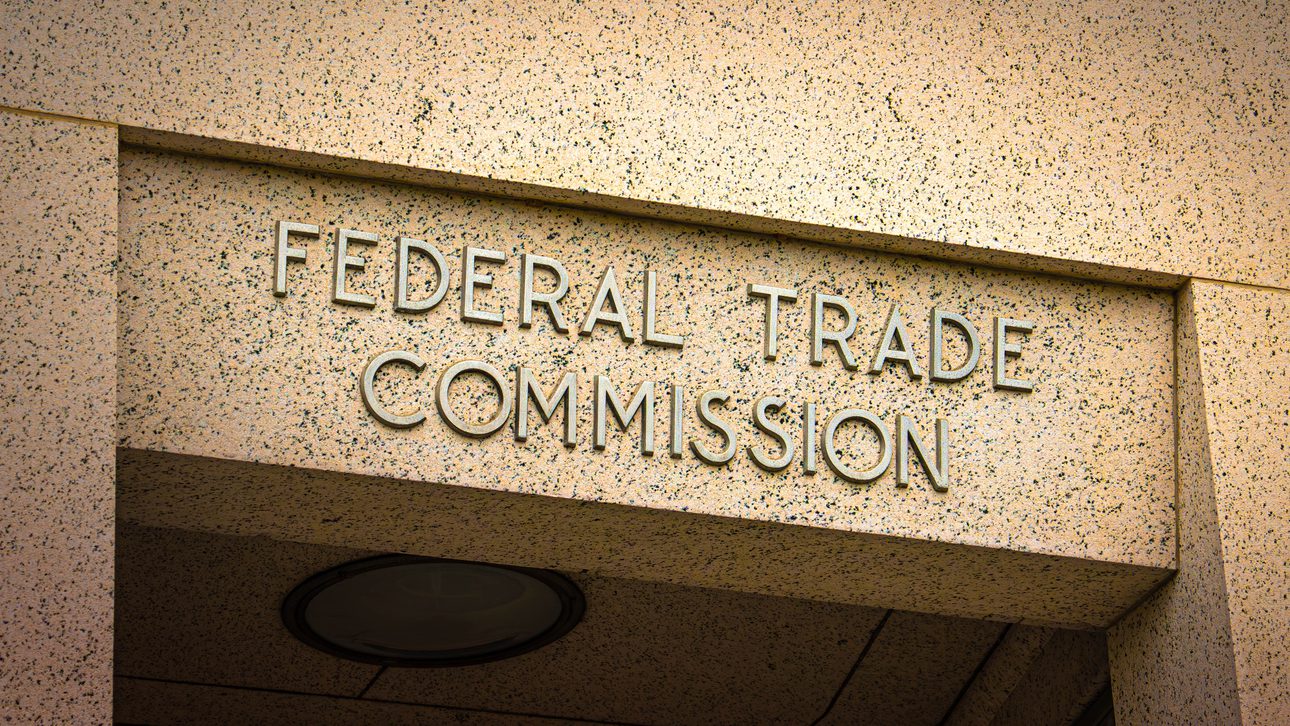Resource Center
How Do Consumers Report a Number to the FTC?
Type: Blog
Topic: Do Not Call Solution

Reporting a phone number to the Federal Trade Commission (FTC) is a straightforward process. Consumers can visit the FTC’s website and use their online complaint form to report unwanted calls. Alternatively, they can call the FTC’s toll-free number to file a complaint. Once the report is submitted, the FTC adds the information to its database, which helps the agency identify trends, enforce regulations, and take legal action against companies that violate the Telephone Consumer Protection Act (TCPA).
For businesses, staying compliant with the TSR / TCPA is crucial to avoid being reported to the FTC. PossibleNOW’s Do Not Call solution helps businesses manage consumer preferences, scrub call lists, and comply with Do Not Call (DNC) regulations, reducing the risk of complaints and legal consequences.
Speak With an Expert Today
What Happens After a Number is Reported?
Once a consumer reports a number to the FTC, the agency stores the complaint in its database to track patterns of violations. If the FTC identifies widespread abuse or repeated complaints against a specific company, it can investigate and take legal action. Businesses that repeatedly violate DNC regulations may face steep fines or be subject to lawsuits, including the possibility of class-action.
Although the FTC doesn’t resolve individual complaints, it uses the accumulated data to target companies that are breaking the law. This makes it essential for businesses to follow DNC guidelines carefully, making certain they do not accidentally contact consumers who have opted out of telemarketing communications.
Types of Violations Consumers Can Report
Consumers can report various types of violations to the FTC, including:
- Unwanted telemarketing calls: Consumers can report calls from companies that violate the DNC rules by contacting them without prior consent.
- Robocalls: Automated or prerecorded messages that contact consumers without their express consent are also illegal under the TCPA.
- Deceptive practices: Consumers can report fraudulent or misleading calls, such as those attempting to scam or defraud them.
- Calls to mobile devices: Telemarketing calls or text messages to mobile phones without permission are prohibited and can be reported.
Businesses must be aware of these violations and avoid practices that could lead to consumer complaints. Staying compliant with the TCPA not only helps protect consumers but also shields businesses from potential legal issues.
How DNCSolution Helps Businesses Avoid FTC Complaints
PossibleNOW’s DNCSolution is designed to help businesses stay compliant with both state and federal DNC regulations. DNCSolution automates the process of scrubbing contact lists and tracking consumer preferences, reducing the likelihood of contacting individuals who have registered on the DNC list. The platform also integrates with major CRM systems, guaranteeing that businesses can maintain accurate records of consent and communication preferences.
By using DNCSolution, businesses can prevent costly violations, safeguard their reputation, and avoid FTC complaints. This proactive approach to compliance helps businesses manage their telemarketing efforts efficiently and legally, making sure they stay within the boundaries of the law.
Request a Demo Today
About PossibleNOW
PossibleNOW is the pioneer and leader in customer consent, preference, and regulatory compliance solutions. We leverage our MyPreferences technology, processes, and services to enable relevant, trusted, and compliant customer interactions. Our platform empowers the collection, centralization, and distribution of customer communication consent and preferences across the
enterprise. DNCSolution addresses Do Not Contact regulations such as TCPA, CAN-SPAM and CASL, allowing companies to adhere to DNC requirements, backed by our 100% compliance guarantee.
PossibleNOW’s strategic consultants take a holistic approach, leveraging years of experience when creating strategic roadmaps, planning technology deployments, and
-
TCPA Regulations and Compliance: Complete Guide
Type: Blog
Topic: Do Not Call Solution
-
Defining Meaningful Metrics: 6 Soft KPIs to Measure Customer Preference Collection
Type: Blog
Topic: Preference Mgmt
-
Email Preference Center Best Practices
Type: Blog
Topic: Preference Mgmt
-
The Basics of DNC Scrubbing: What Is a Do Not Call (DNC) Scrubber and Why Do You Need It?
Type: Blog
Topic: Do Not Call Solution
-
What is Consent Management, How it Works, & Why it’s Important for Data Compliance
Type: Blog
Topic: Consent Mgmt
-
Do Insurance Companies Cover TCPA Damages?
Type: Blog
Topic: Do Not Call Solution
-
8 Best Practices for Capturing GDPR Consent
Type: Webinars
-
Data Silos Cause Communication Gaps
Type: Videos
Topic: Preference Mgmt
-
Difference Between Preferences & Consent
Type: Videos
Topic: Preference Mgmt
-
Integrate Do Not Call Compliance with Preferences
Type: Videos
Topic: Preference Mgmt
-
Customer Preferences Require More Than One Flavor
Type: Videos
Topic: Preference Mgmt
-
Give Customers Opt-Down Options
Type: Videos
Topic: Preference Mgmt
-
Preference Center Organization
Type: Videos
Topic: Preference Mgmt
-
Strategic Consultants Benefited Scotiabank
Type: Videos
Topic: Industry Testimonials
-
My Call Center is Not in the US. Do I Need to Comply with US Telemarketing Regulations?
Type: Blog
Topic: Do Not Call Solution
-
How Many TCPA Violations Do I Have to Commit to Be Sued?
Type: Blog
Topic: Do Not Call Solution
-
How Does My Business Obtain a SAN Number to Access the DNC Registry?
Type: Blog
Topic: Do Not Call Solution
